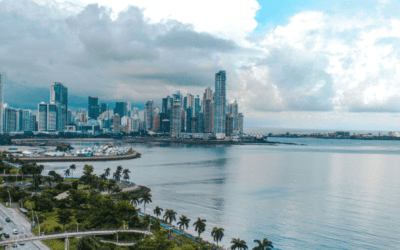This article discusses how to establish Panama tax residence with information on the benefits of tax residence in Panama, plus other information related to the Panamanian tax system.
Panama’s territorial tax system makes it a popular offshore jurisdiction though in such a crowded marketplace, we always recommend that you shop around.
At Nomad Capitalist we help entrepreneurs and investors find the best offshore jurisdiction for their needs as part of an all-encompassing Action Plan, helping to legally reduce taxes while maximizing investment opportunities.
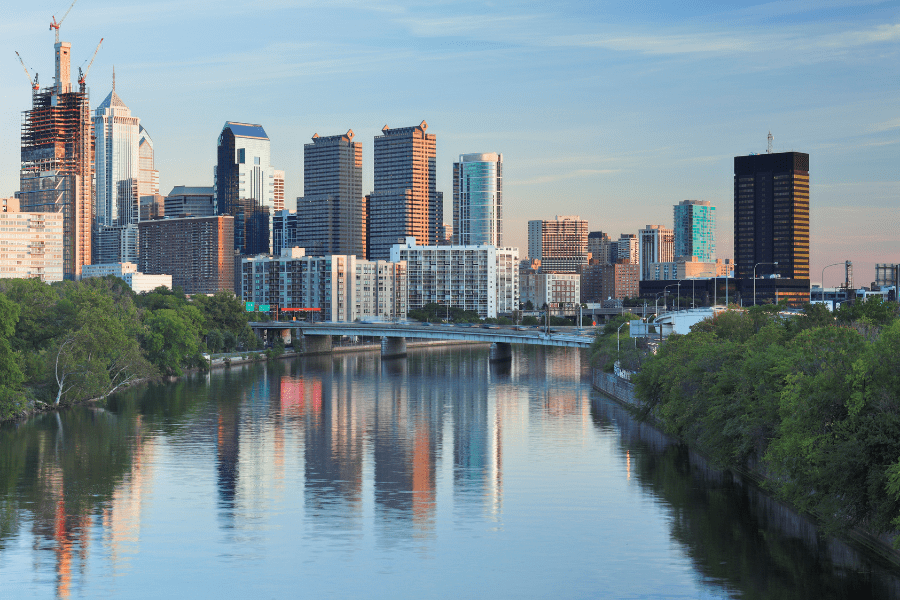
What Is Tax Residence?
While a residence permit hands you the legal right to live in a country physically, a tax residence certificate is a contract between you and a particular country that requires you to pay taxes there.
Understanding this difference is critical, as it may transpire that you are liable to pay taxes in a specific country without even knowing it, or discover you have been paying taxes unnecessarily.
This is why having a team of trusted advisors who can provide assistance on such often-confusing matters can be of huge benefit. As a Nomad Capitalist client we can advise on issues related to residency and legal tax reduction.
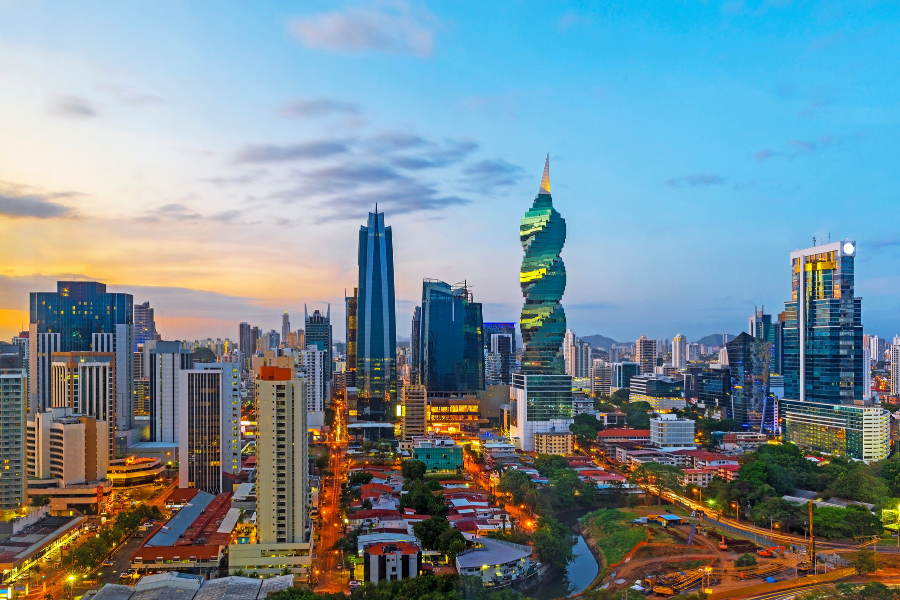
How to Get Tax Residency in Panama
There are two ways to become a Panamanian tax resident. To secure the tax residency certificate, the applicant will need to provide the following documents:
- An E-cedula
- Complete copies of notarized passports
- Proof of address in Panama, such as a utility bill, rental contract, or lease
- Evidence of residence status.
Obtain a Panama Tax Residency Certificate Through the 183-Day Rule
By spending 183 days or more in one year in Panama, you could get your hands on one of Panama’s coveted tax residency certificates. You’ll need to be able to show evidence of your time in Panama.
This proof, as indicated above, could include a copy of your passport or documentation from the Immigration Office. The 183 days do not need to be consecutive.

Obtain a Panama Tax Residency Certificate Through Economic Substance
Another way that Panama has established itself as a tax residency destination is by providing a tax residence certificate to applicants with economic substance.
You can demonstrate economic substance in one of two ways:
- Ownership and proven use of a property
- Ownership of an operational business.
Owning a company works as long as the company has commercial contracts locally with clients/providers.
Owning property or renting a condo works as well for proving ties to the country.
For the business option, immigration are generally flexible on the type of company. An active company is preferred though a dormant company, a holding company, or a business company will suffice.
Many entrepreneurs choose to keep the company after the process is completed, either to hold assets or start a business, and many others decide to dissolve it.
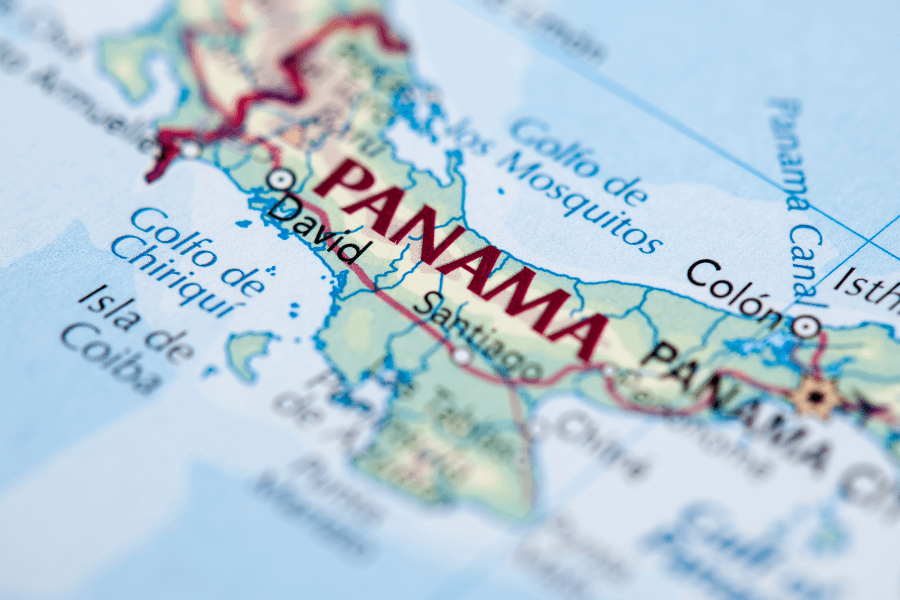
What Taxes do Panamanian Tax Residents Pay?
To answer the question, we will focus on three main elements.
Panama’s Territorial Tax System
Panama has a territorial tax system that exempts all income earned outside Panama. Citizens and residents are taxed only on income earned from Panamanian sources on Panamanian territory.
Citizens, residents, and non-residents are not taxed on exempt income (i.e., interest on Panamanian government securities, savings accounts, and time deposits maintained with banks established in Panama).
A person with a Panamanian tax residency certificate is a tax resident of Panama. Their income sourced abroad is not taxed in Panama due to the territorial taxation system.
Panama has no wealth tax, inheritance, estate, or gift tax. This zero-tax policy of foreign income applies to resident individuals in Panama and Panamanian companies.
An entity or an individual whose activities outside of Panama will not have to pay taxes in Panama. However, an entity or an individual who engages in a business activity within Panama, receiving Panamanian source income, will be subject to paying income tax annually.
Individual income tax rates are progressive, ranging from 0-25%.
- 0% is from $0 to $11,000
- 15% is on income from $11,000 to $50,000
- 25% is on any income above $50,000.
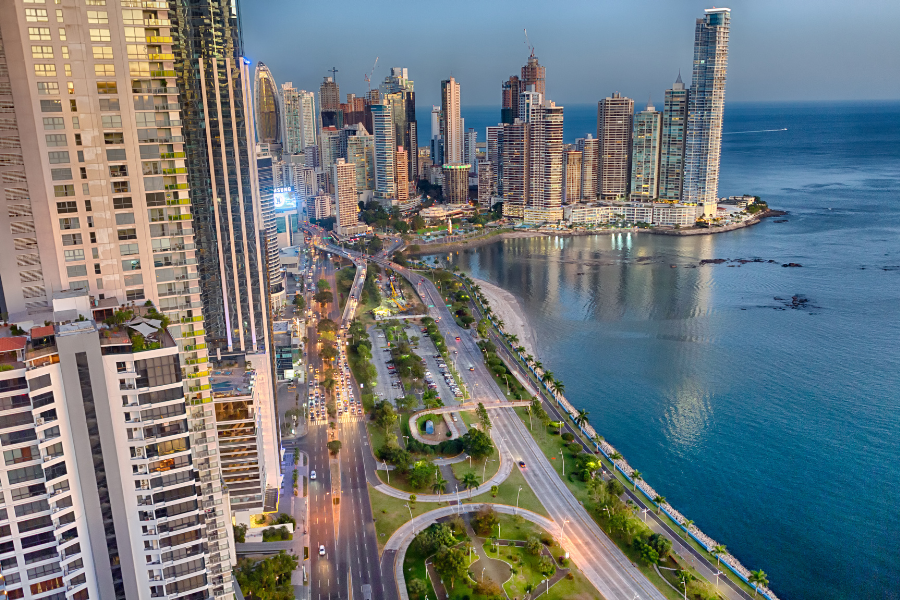
Corporate Tax Residence in Panama
Panama does not have CFC rules, meaning that just because a foreign company’s owner resides in Panama it does not make the foreign company a resident for tax purposes in Panama.
Companies are considered Panamanian tax residents if they are incorporated in Panama and if it’s a place of central management and control in Panama.
When it comes to the center of management and control of legal entities, what is looked at is:
- Where the board meetings are being held
- Where decisions that affect the company and its operations are being made
- Where business activities are being performed and if the HQ is in Panama.
By doing business from Panama, your income is not taxable in Panama so long as such income derives from foreign sources. It’s not even reportable to the Panamanian Tax Authority.
The general rule is that as long as goods and services are not produced or sold in Panama by legal entities, they are deemed foreign-sourced, even when arranged from a local office in Panama. You should not hire local employees in Panama unless you are operating from a free or special economic zone in Panama.
The corporate tax rate is 25% for resident and non-resident companies that have Panamanian-sourced income. You do not pay income tax on income that does not arise in Panama or is not derived from Panama.
If a Panamanian company derives its income from Panama, it must pay 25% corporate tax and another 10% for distributing dividends. Tax-free foreign revenue from a Panamanian company is only charged 5% for dividends. The dividend tax is 10% for locally-sourced income and 5% for foreign-sourced income.
Avoiding Double Taxation in Panama
Panama wants to attract foreign investment but does so by targeting nationals from countries it has signed agreements with to avoid double taxation. There are 17 in total, including France, Germany, the Netherlands, Singapore, Spain, the United Arab Emirates, and the United Kingdom. So, as a tax resident there, you would avoid paying personal income tax twice on any income obtained.
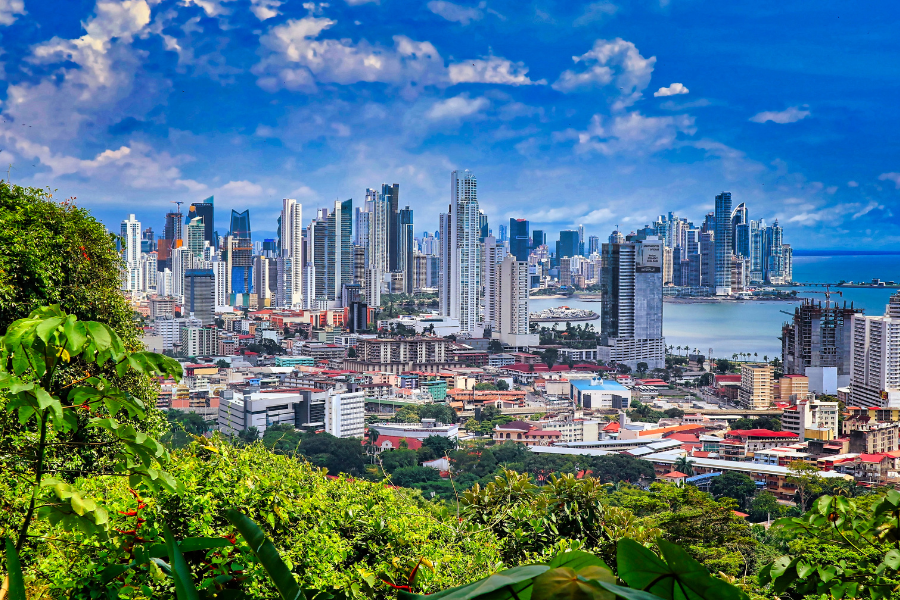
All in all, Panama is an alluring tax jurisdiction. It appeals because of its familiarity, with the tax year starting on January 1 and ending on December 31. But other countries use this fiscal year too.
We recommend you consider other nations too. This could be a base for future commercial activity or to establish closer economic ties. Allow us to steer you in the right direction.






